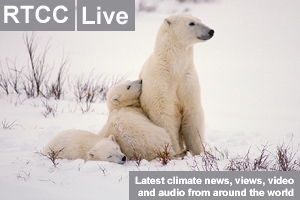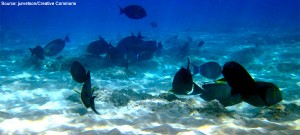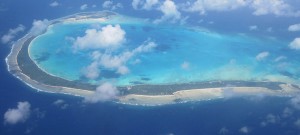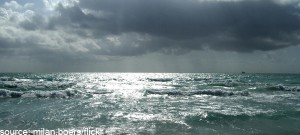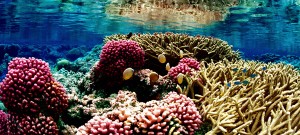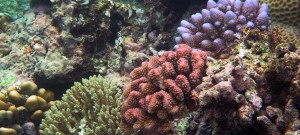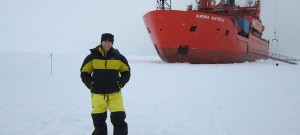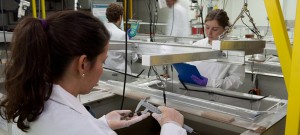Ocean Acidification
World’s coral reefs at risk from warming waters
New study published in Nature Climate Change says a combination of warming temperatures and ocean acidification is putting nearly all of the world’s coral reefs under threat.
Climate Live: Drought ‘the new normal’ in the US, EU ponders desert energy investment and maths converts a climate sceptic
Today’s top headlines: Massive blackout leaves 300m Indians with no power, the EU could provide some of the funding for the $500bn Desertec project and scientists say the Southern Ocean dominates CO2 storage.
Climate change most significant threat to Antarctic ecosystems, say researchers
Article in Science maps the future threats to Antarctic ecosystems and finds global climate change a particular worry for the region’s conservation.
Would a CCS leak be as damaging as the BP Gulf of Mexico oil disaster?
Carbon Capture and Storage still remains on the of the most viable technologies to aid climate change mitigation, but what would be the impacts of a CO2 leakage in the world’s oceans?
Rio+20: What does the Earth Summit’s outcome mean for climate change?
The Rio+20 document is jam packed with caveats, ifs, buts and maybes. So what concrete action does it contain, and what implications are there for action on climate change?
New research finds some corals could survive climate change
El Nino warming cycle survivors give new clues and improve prospects for some coral environments.
Comment: Why should we care about the oceans?
Oceans cover 70% of the earth’s surface, and provide 99% of the world’s living space, but mankind is slowly destroying a key source of food, the planet’s thermostat and a home to millions of species.
Oceans could be 150% more acidic by 2100
Head of UNESCO’s Intergovernmental Oceanographic Commission tells RTCC that acidification of the oceans must be recognised as a ‘critical issue and acted upon’ at Rio+20
RTCC Q&A: Climate Change and the Oceans
RTCC takes you through the science of climate change and the oceans.
Mark Lynas: Oceans are approaching dangerous acidification
Mark Lynas, envrionmentalist and author of ‘The God Species’ spoke to RTCC about ocean acidificiation and its links to climate change.
Letter from Antarctica: Hunting ocean acidification at the South Pole
Dr Donna Roberts writes for RTCC from the Mawson Centenary Cruise to Commonwealth Bay in Antarctica.
Ocean acidity gamble leaves marine life with uncertain future
Researchers from Plymouth Marine Laboratory are finding increased levels of ocean acidity affect the entire marine ecosystem.
Expert Q&A: How the Southern Ocean helps us plan for climate change
Antarctic expert tells RTCC the Southern Ocean is a barometer for climate changes across the planet.
